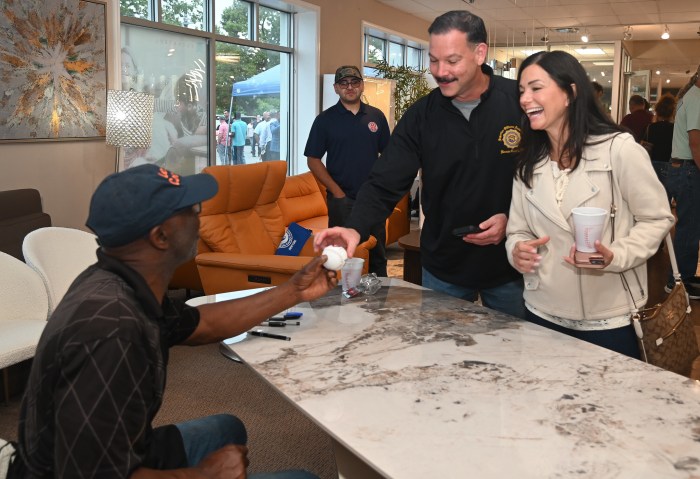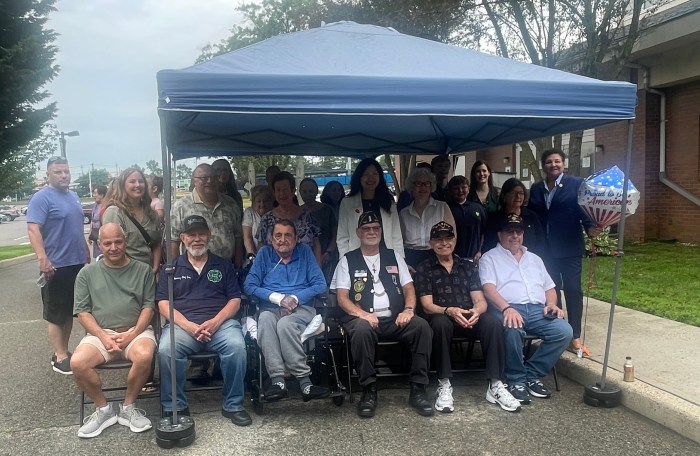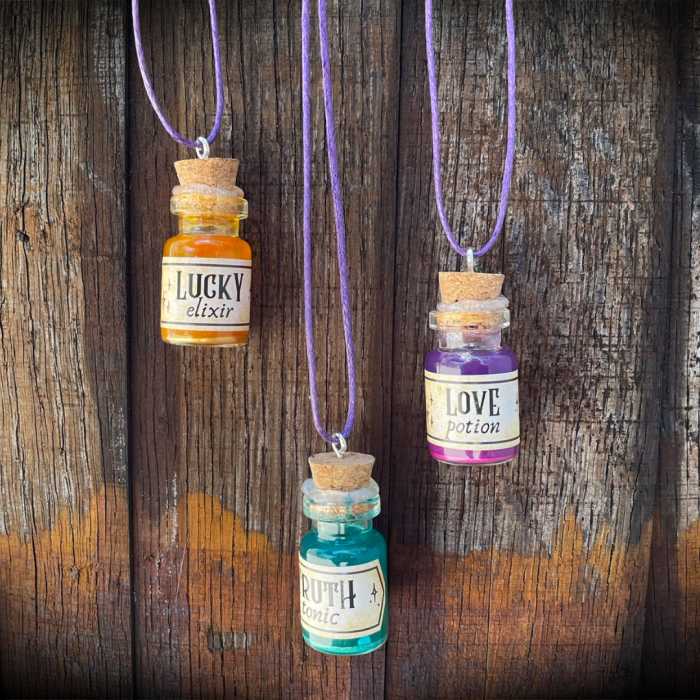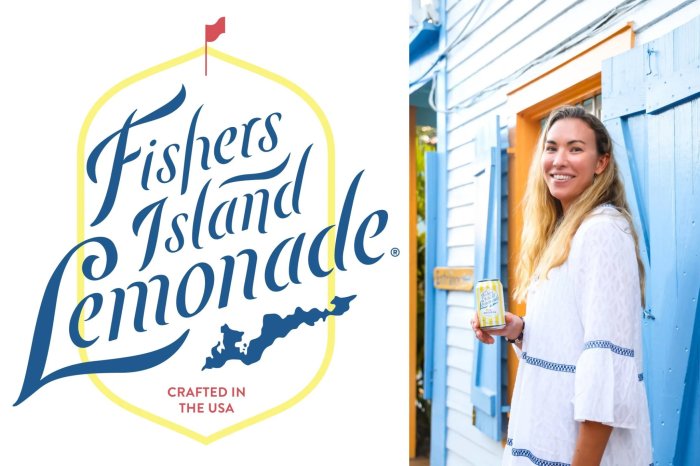
Wedding bells are ringing for baby boomers, too. But brides and bridegrooms in their 50s and 60s often have different priorities than their younger counterparts.
“The weddings tend to be smaller and not as over the top,” said Keija Minor, executive editor of Brides magazine.
“When you’re in your 20s and 30s, there’s a lot of family influence,” she said. “The beauty of getting married in your 50s and 60s is you don’t necessarily feel the pressure of family wishes. People really get to do their wedding their way.”
For boomers Jonathan Salant and Bonnie Cole of Rockville, Md., that meant going bigger and more traditional when they got married in January. He was a widower with a teenage son. She was getting married for the first time.
“At this age, I didn’t think I needed the whole kit and caboodle,” Cole said, but Salant wanted to pack their synagogue for something happy, since it had been filled for his first wife’s funeral.
The couple settled on a wedding with nearly 200 people from around the country. She wore a formal gown — by Vera Wang in oyster — and they followed other wedding traditions, such as making a grand entrance as husband and wife, and having a first dance.
Many other boomer brides opt for suits or cocktail-length dresses instead of gowns.
“You can definitely wear white to your second wedding, or if you’re getting married later,” Minor said. But, she added, “One hard and fast etiquette rule that most adhere to is that brides should not wear a veil the second time around.”
Boomer weddings tend to cost about the same as weddings for younger couples, but emphasize different things, said wedding planner Marsha Pruitt of The Event Host in Charlotte, N.C.
“It’s more of a small elegant party,” she said. “For my older brides they put a lot of emphasis on a nice meal and keeping it cozy enough,” she said. “It’s all about relationship when you get older.”
Older brides and grooms have a more sophisticated style, she said.
“They don’t necessarily want everything,” Pruitt said. “They have a better understanding of how money works. They start off knowing what their budget is.”
And there’s a different kind of excitement. “Because of their maturity, they know what they’re getting into,” she said. “They’re going into it with their eyes wide open, and that you don’t see in younger brides.”
Some baby boomers ask that in lieu of gifts, donations be made to their favorite charity. “It’s a cool thing instead of registering for a toaster,” Minor said.
Boomers often include their children in the wedding, Minor said, even “grandmothers getting remarried who have their grandchildren as flower girls.”
Salant’s son, Izzy, toasted his new mother at the wedding, welcoming her to the family; Cole, in turn, thanked Salant for giving her a son.
The first question, of course, is whether to get married at all. Susan Brown, co-director of the National Center for Family and Marriage Research at Bowling Green State University, said that about two-thirds of the nation’s 77 million boomers (people born between 1946 and 1964) are married, and about 30 percent of those are in remarriages. Many others, however, are just as happy to live together without getting married, and that number is growing.
“They’re interested in a partner for the long haul but not interested in getting married,” Brown said.
The center’s research found nearly 2.7 million boomers in “cohabitating unions” in 2010, more than double the figure in 2000.
“The boomers were the first come of age during the transformation of American families,” Brown said. “These are people who lived together as young adults” before getting married, she said, and “They are partnering once again.”
Boomers may not want to comingle their finances, for a variety of reasons, including children from a previous relationship. “You’ve already amassed your nest egg,” Brown said.
Cohabiting relationships are “very stable for those who are in the second half of life,” she said.
































